by Michael Haskew
Roving bands of Viking seafarers raided extensively in Western Europe from the Eighth to the 11th centuries, looting and sacking settlements and population centers including London, Paris, and Hamburg. Vikings settled a region of Northern England that they called the Danelaw and significantly influenced cultural development on the continent of Europe as well.
[text_ad]
Although he was born into a noble family, the exact birthplace of a Viking chieftain named Rollo is lost to history. Rollo is remembered as a leader skilled in both warfare and the art of negotiation. Also known as Rollo the Walker because he was of such giant physical stature that no horse could be found to carry him any great distance, Rollo sailed to Scotland and Ireland and by 885 had joined Vikings from Norway in raids along the River Seine.
Laying Siege to Paris
Although historians do not agree on the actual dates of his activities, Rollo is said to have captured the city of Rouen sometime during the mid-Eighth century and raided the towns of Bayeux and Evreux afterward. He commanded a Viking fleet believed to have numbered up to 700 ships that laid siege to Paris for 13 months, nearly starving the city into submission. However, when an army marched to the relief of Paris, the Vikings withdrew rather than risk a pitched battle.
Rollo next moved to the region of Burgundy and pillaged the countryside before retiring northward. Little is known of his activities during the next quarter century. However, early in the 10th century he returned to France, plundering in the land of the Franks during the reign of King Charles the Simple.
Although his name might lead observers to conclude otherwise, Charles was shrewd enough to open a dialogue with Rollo before risking battle. The two leaders and their armies met on opposite shores of a small stream, and when Charles asked the Viking leader his intentions, Rollo is said to have replied, “Let me and my people live in the land of the Franks; let us make ourselves home here, and I and my Vikings will become your vassals.”
Norway Falls to the Vikings
When Rollo was told that he must kiss the foot of the sovereign, he responded, “Never will I bend my knee before any man, and no man’s foot will I kiss.” Finally, he was persuaded to instruct another Viking to perform the task. This Norseman grabbed the foot of the King so quickly that Charles nearly fell from his horse. According to legend, laughter erupted among those gathered.
Rollo received a land grant from Charles the Simple that stretched from Rouen across the valley of the Seine. In exchange, Rollo pledged to protect Charles’ realm from raids by other Viking bands. Eventually, the region ceded to Rollo became known as Normandy, or the Land Controlled by the Norse. Rollo died around the year 931, and was interred in the Cathedral of Rouen. His descendants claimed the title of Duke of Normandy.
In 1035, Rollo’s great-great-great grandson, William I, became Duke of Normandy. Three decades later, William crossed the English Channel and won a great victory at the Battle of Hastings. The first Norman king of England, he became known as William the Conqueror.
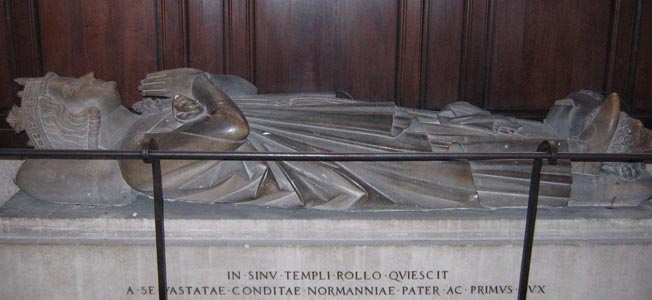
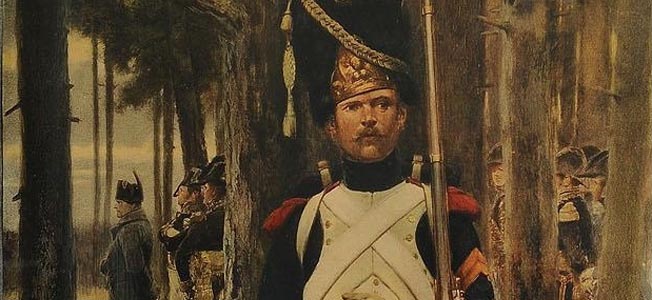
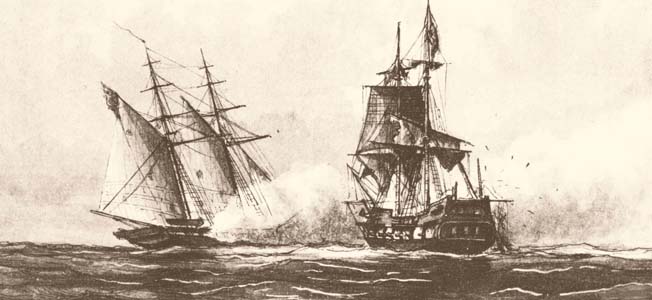


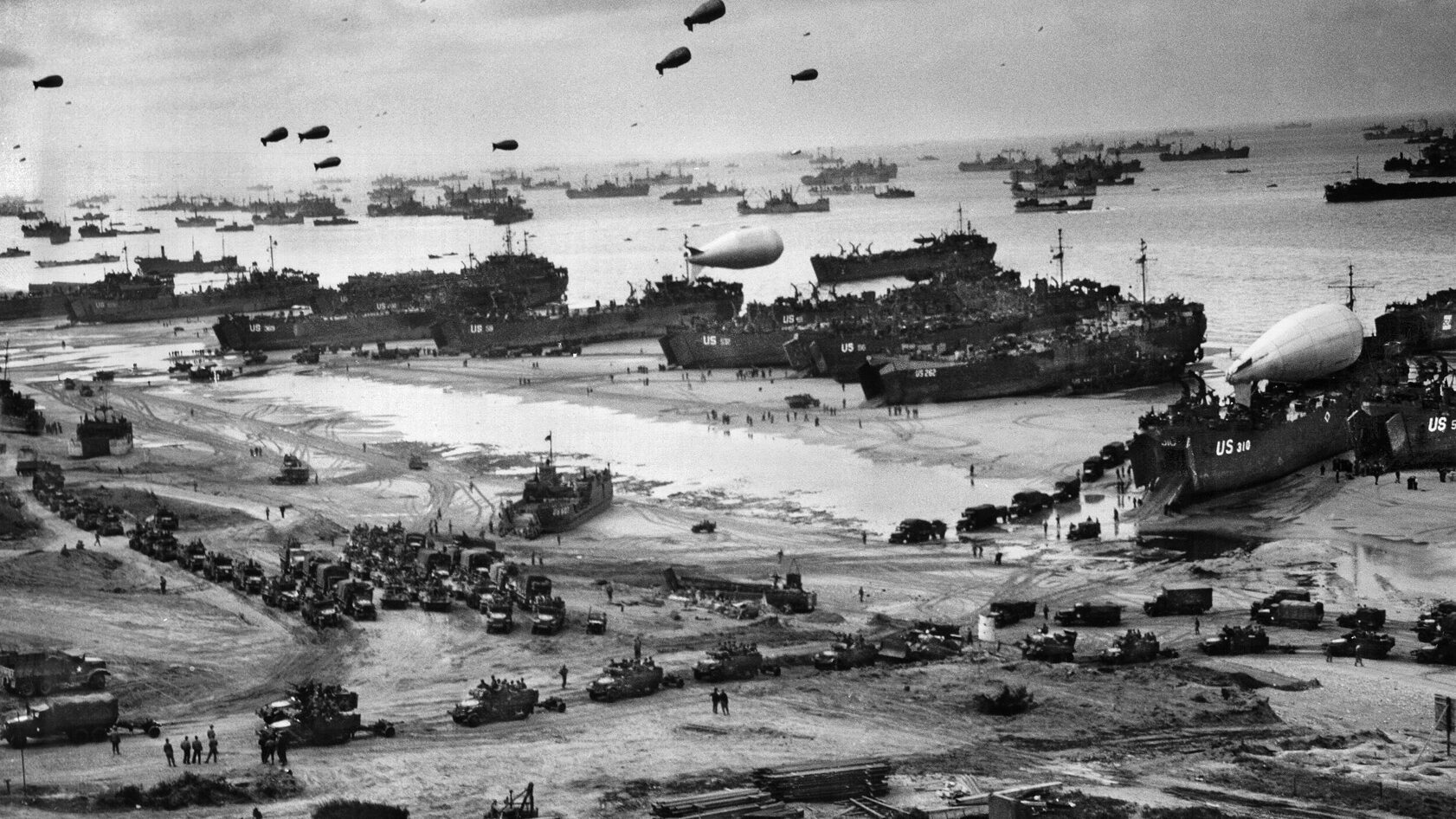
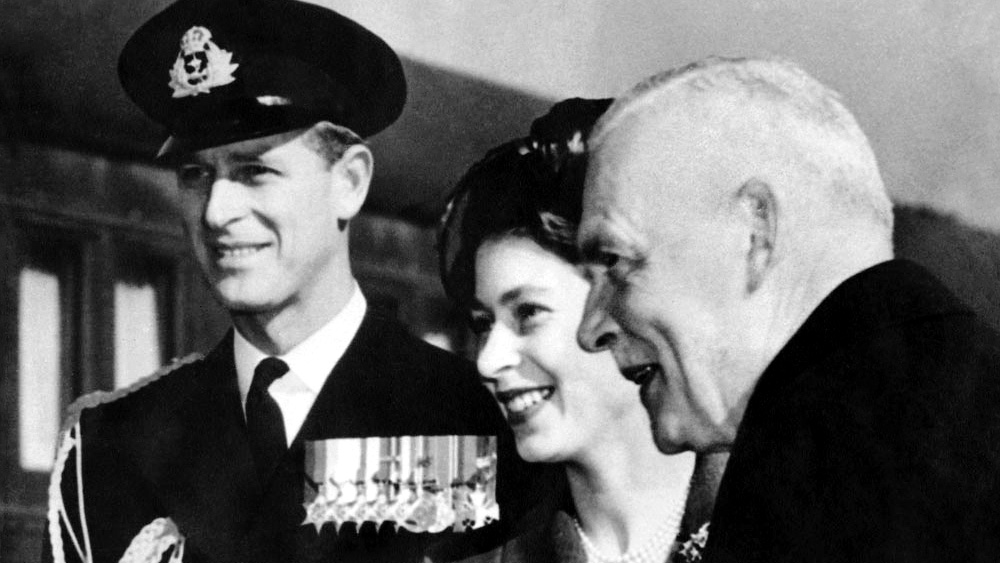

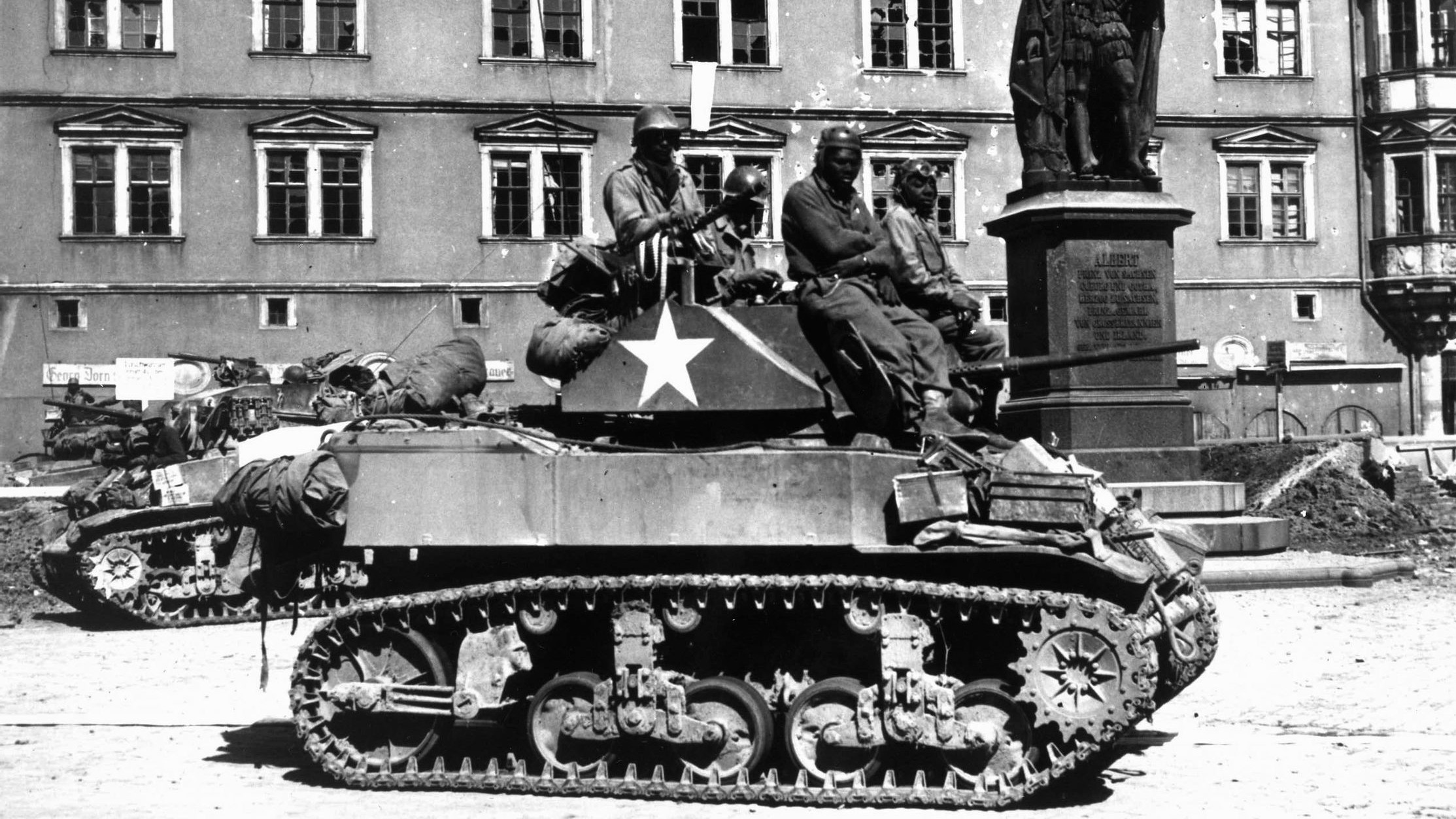
Join The Conversation
Comments
View All Comments